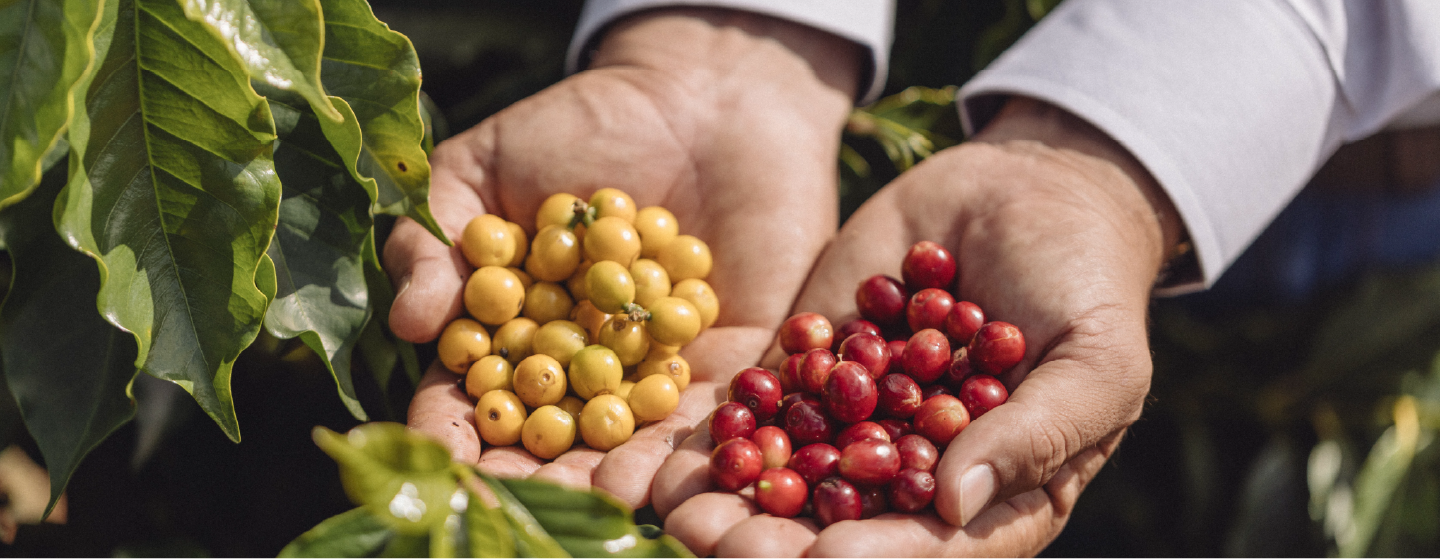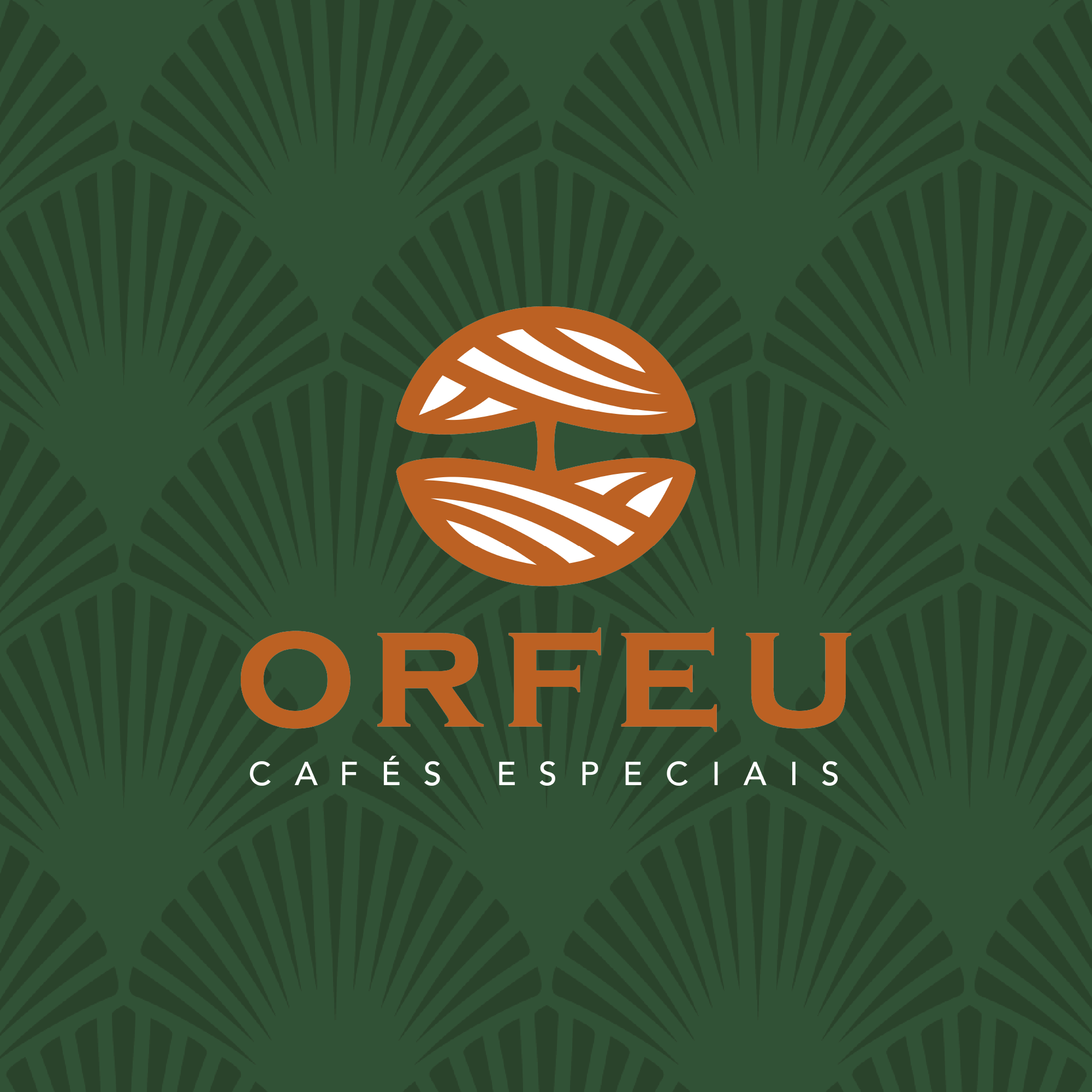

Cafe Fazenda Sertãozinho

1.6
Minas Gerais, Brazil
September 2025
Food products
Manufacturing
Brazil
Orfeu nasceu do amor à natureza e da busca pelo bom, belo e verdadeiro com o intuito de estabelecer um novo patamar de excelência de qualidade em cafés no Brasil, produzindo e proporcionando aos brasileiros um dos melhores cafés do mundo. Inspirados pela figura de um Jequitibá milenar que vive em uma de nossas fazendas, nossos profissionais cultivam o café brasileiro mais premiado do mundo com a dedicação dos apaixonados. O compromisso com pessoas é valorizado em cada etapa de nossa jornada. Do cultivo à xícara, nosso café é fruto de dedicação, respeito e responsabilidade social. Com mais de 70 anos de tradição, as fazendas Orfeu, em regiões de solo vulcânico e clima ideal, cultivam grãos de cafés especiais 100% Arábica, que destacam o melhor do terroir brasileiro.
Overall B Impact Score
Governance 14.1
Governance evaluates a company's overall mission, engagement around its social/environmental impact, ethics, and transparency. This section also evaluates the ability of a company to protect their mission and formally consider stakeholders in decision making through their corporate structure (e.g. benefit corporation) or corporate governing documents.
What is this? A company with an Impact Business Model is intentionally designed to create a specific positive outcome for one of its stakeholders - such as workers, community, environment, or customers.
Workers 28.7
Workers evaluates a company’s contributions to its employees’ financial security, health & safety, wellness, career development, and engagement & satisfaction. In addition, this section recognizes business models designed to benefit workers, such as companies that are at least 40% owned by non-executive employees and those that have workforce development programs to support individuals with barriers to employment.
Community 14.7
Community evaluates a company’s engagement with and impact on the communities in which it operates, hires from, and sources from. Topics include diversity, equity & inclusion, economic impact, civic engagement, charitable giving, and supply chain management. In addition, this section recognizes business models that are designed to address specific community-oriented problems, such as poverty alleviation through fair trade sourcing or distribution via microenterprises, producer cooperative models, locally focused economic development, and formal charitable giving commitments.
Environment 43.2
Environment evaluates a company’s overall environmental management practices as well as its impact on the air, climate, water, land, and biodiversity. This includes the direct impact of a company’s operations and, when applicable its supply chain and distribution channels. This section also recognizes companies with environmentally innovative production processes and those that sell products or services that have a positive environmental impact. Some examples might include products and services that create renewable energy, reduce consumption or waste, conserve land or wildlife, provide less toxic alternatives to the market, or educate people about environmental problems.
What is this? A company with an Impact Business Model is intentionally designed to create a specific positive outcome for one of its stakeholders - such as workers, community, environment, or customers.
Customers 4.3
Customers evaluates a company’s stewardship of its customers through the quality of its products and services, ethical marketing, data privacy and security, and feedback channels. In addition, this section recognizes products or services that are designed to address a particular social problem for or through its customers, such as health or educational products, arts & media products, serving underserved customers/clients, and services that improve the social impact of other businesses or organizations.